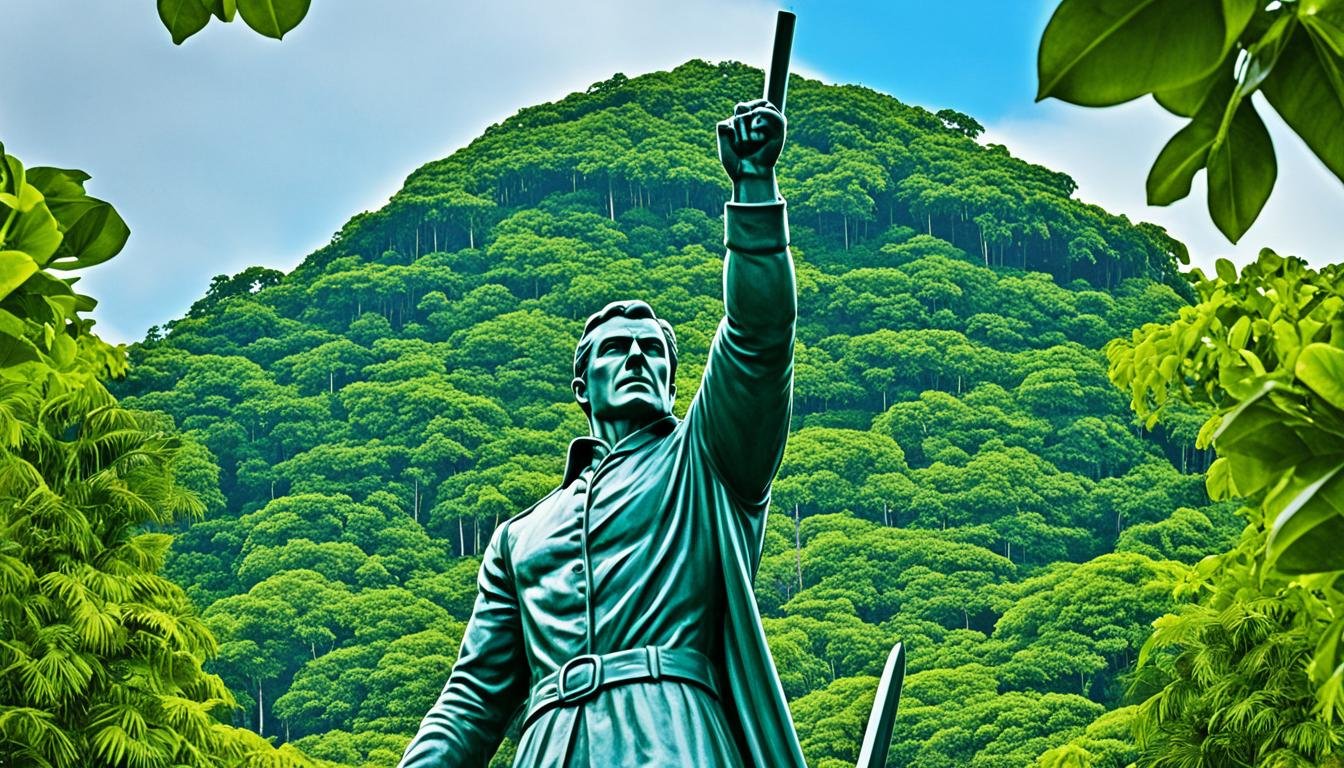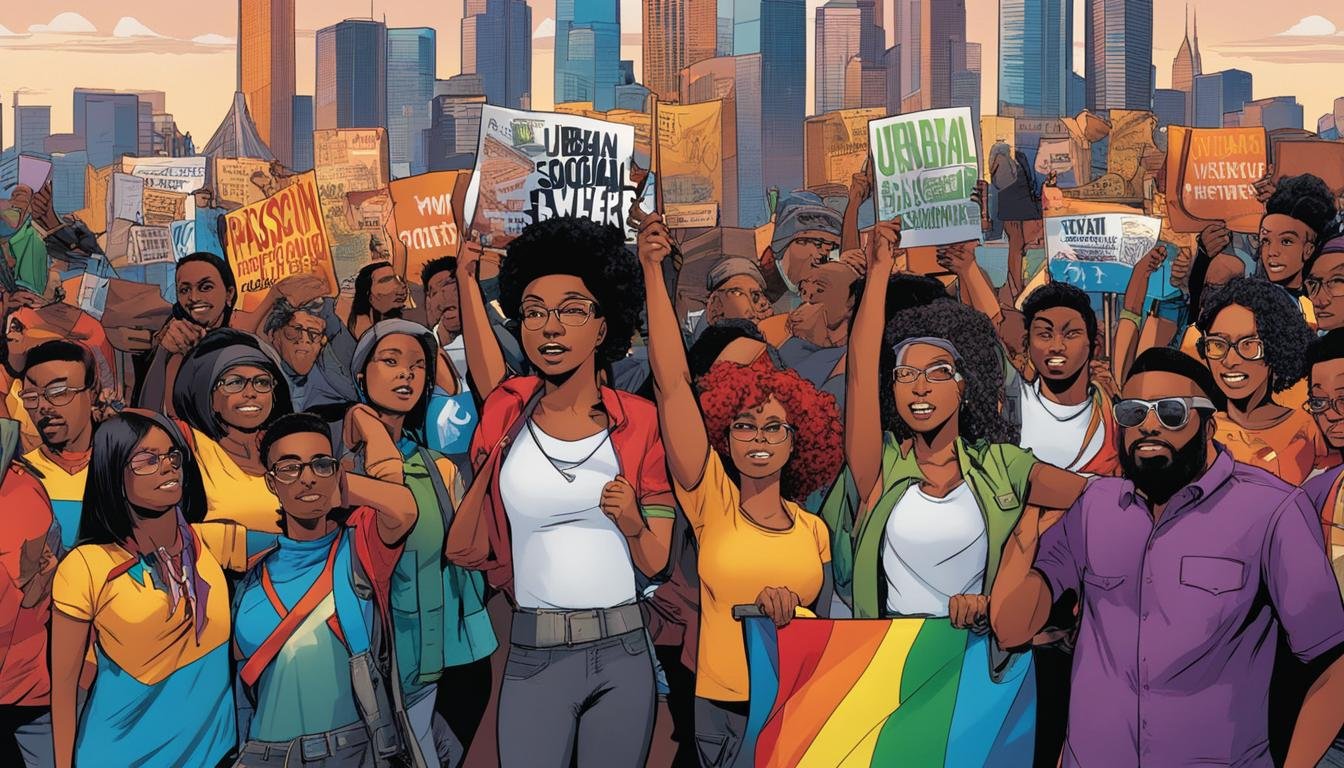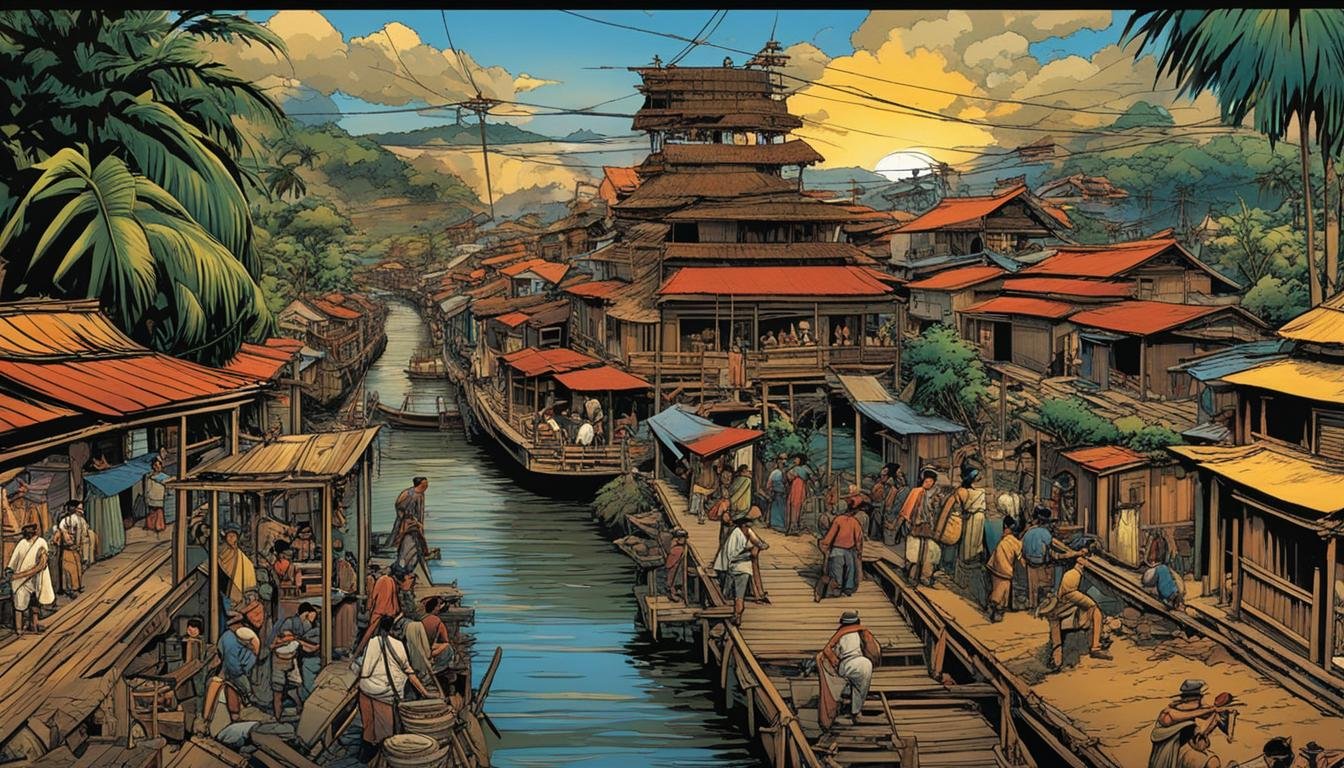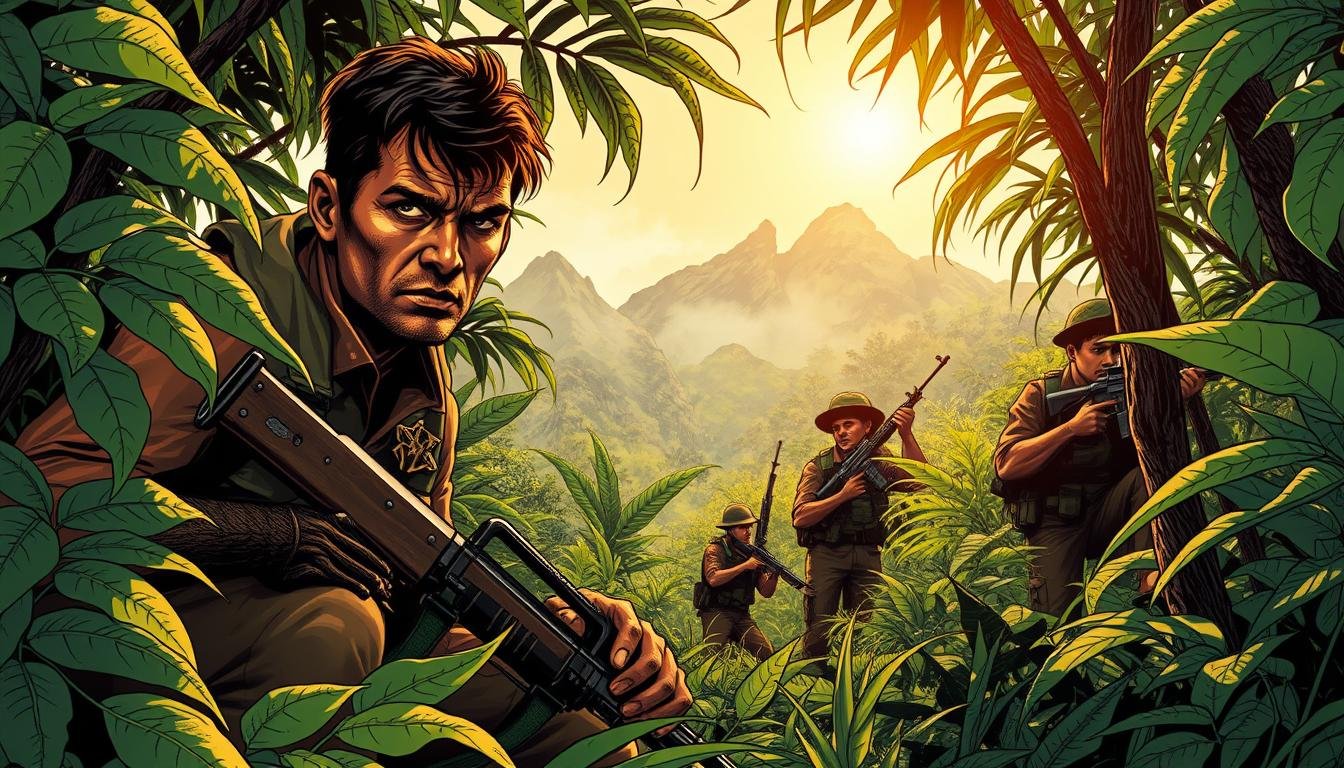The story of the Philippine Revolution (1896) is incomplete, indeed unimaginable, without the towering figure of Andres Bonifacio. Often hailed as the “Father of the Philippine Revolution” and the “Great Plebeian,” Bonifacio remains one of the most significant and, at times, controversial figures in the nation’s struggle for Independence. While others wrote novels and sought…
Tag: Nationalism
The Social Movements and Civil Society Organizations in the Philippines (1946-1972)
Seeds of Change in the Third Republic The period from 1946 to 1972 marks a critical chapter in Philippine history, encompassing the entirety of the Third Republic, from the ashes of World War II and the declaration of independence from the United States to the precipice of authoritarian rule with the Declaration of Martial Law….
The Philippines and the Shift from Colony to Country
The history of the Philippines is a saga of resilience, struggle, and the arduous journey from centuries of colonial subjugation to the assertion of its own national destiny. For over 300 years, the archipelago was a distant outpost of the Spanish Empire, and subsequently, after a brief, tumultuous period of revolutionary independence, it became a…
The Development of Guerrilla Warfare in the Philippines
Guerrilla warfare has played a significant role in shaping the history of the Philippines. This unconventional military strategy, often used by smaller groups against larger forces, became a defining feature of the country’s struggle for independence. Rooted in both necessity and ingenuity, it reflects the resilience of the Filipino people. Globally, guerrilla tactics have been…




